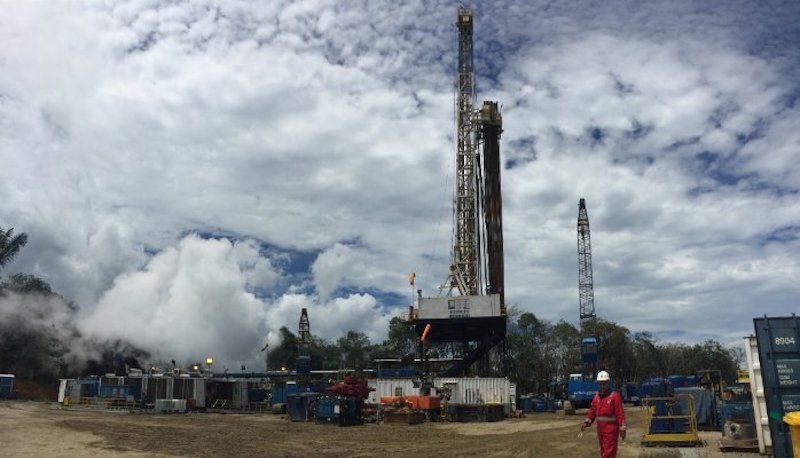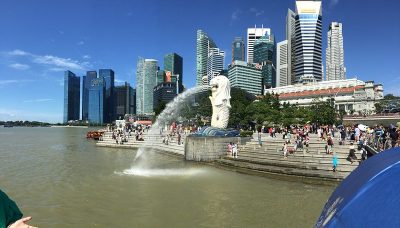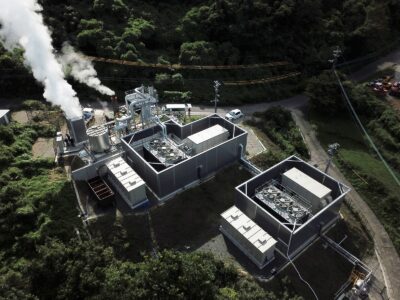Indonesia launches geothermal risk mitigation scheme to boost development
Through new regulations issued, Indonesia's Minister for Finance, Sri Mulyani Indrawati starts the Geothermal Fund Facility (GFF), a risk mitigation scheme for geothermal exploration introduced in 2011 that though never started.
A World Bank funded risk mitigation scheme has been planned to be introduced in Indonesia for now quit some time. But now it is expected that the Indonesian government plans to take on some of the exploration risk, the highest-cost factor in geothermal development.
As announced by the Jakarta Post, a regulatory directive on the use, management and accountability of the Geothermal Fund Facility (GFF) has been introduced by the country’s Finance Minister Sri Mulyani Indrawati, who actually introduced the scheme when she was at the World Bank prior to her joining the government.
The facility will be managed by the state-owned infrastructure financing company, PT Sarana Multi Infrastruktur (SMI).
Established back in 2011, the fund was set up with an initial capital of $75.2 million and a planned annual refinancing of $226 million until 2013. But without regulation, those funds were never put to work.
With the incredible and untapped geothermal resources, the high up-front cost and risk, development of Indonesia’s geothermal resources has lagged behind government plans.
It is expected that the Geothermal Fund Facility (GFF) will help to accelerate geothermal exploration, enabling the Ministry for Energy and Mineral Resources to tender more concessions with proven reserves. The program will help increase availability of reliable geological data on proven resources and help potential investors to calculate risk and the expected IRRs.
In the regulation by the country’s Minister for Finance, winning bidders for geothermal concessions with proven reserves will have to pay PT SMI a compensation for the geological data they receive with the project. This ensures the sustainability of the GFF. The cost of exploration will be shared between the government and PT SMI in the case of the project not discovering commercially viable proven reserves.
Source: The Jakarta Post


















